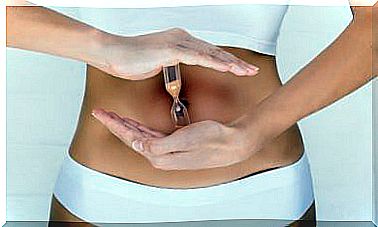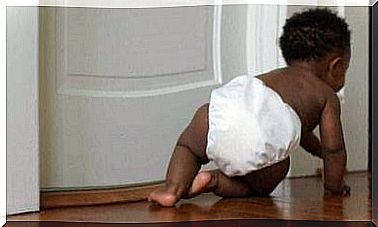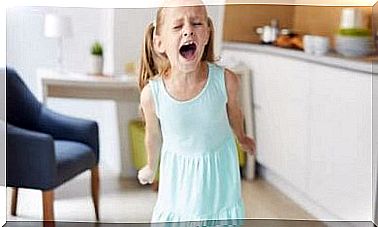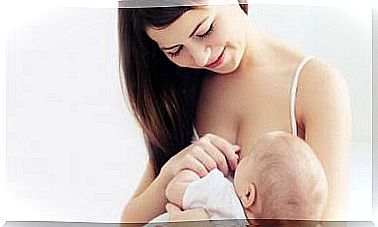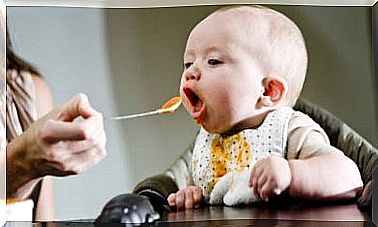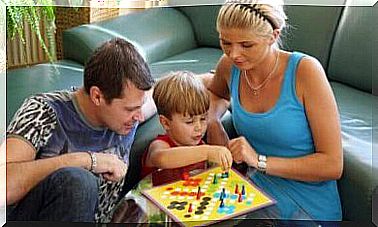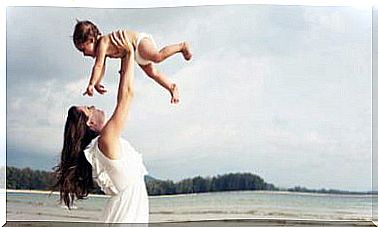Does It Hurt When The Baby Kicks?
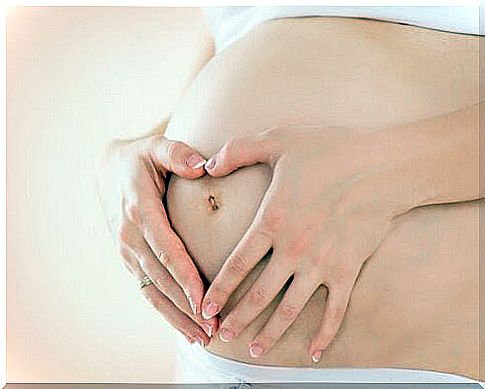
It does not always hurt in the stomach when the baby kicks, but sometimes it does. It mostly depends on the force of its movement and some other factors.
The most important thing is that the expectant mother has received the right information.
That the baby kicks is very fascinating for both future parents and the rest of the family. When a family member or friend becomes pregnant, the first thing many do is touch the abdomen to feel if the baby is kicking. Just be sure to ask the expectant mother for permission first.
The question is, are these movements painful for the mother?
Everything is relative. Not all kicks hurt, but there are some who do. It all depends on the strength of the movement and some other factors that must be considered.
Movements from the 22nd week
Pregnant women usually begin to perceive fetal movements after the 22nd week. During this period of pregnancy, mothers can only feel slight friction or mild contact.
This is because the fetus is still so small. It has room to move freely in the womb.
After a month and a half or so, the women will still feel kicks that are not very bothersome. Thereafter, the child’s kicks increase in strength and regularity.
What the mother feels is basically the fetus colliding with the walls of the uterus when it changes position.
As the child continues to develop, the space he has at his disposal to move becomes less. It simply gets crowded in the womb, and it can cause changes in how the kicks feel.
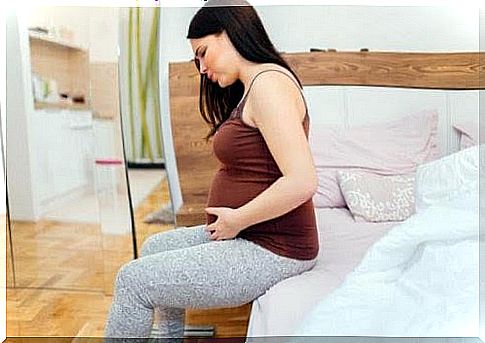
Movements from the 28th week
During the 28th week, the baby continues to grow while the uterus has practically reached its limits. This is when small movements can begin to hurt.
The baby’s kicks can hurt more now because it comes in contact with the walls more often. In addition, the baby has now developed more physical strength.
The little one can be very active and it can sometimes cause pain for the mother. The impact of the kick can be felt around the woman’s ribs and in other organs.
Some of the kicks can even cause shortness of breath or wake a sleeping pregnant woman. There is great variation in the intensity of babies’ movements and the mother can feel everything from karate speeches to small hiccups.
The nights are when the fetus kicks the most
It has been shown that babies in the womb are more active during the night. Between nine in the evening and midnight, their level of physical activity increases. This may be a result of (among many other things) the mother’s food intake.
Mothers should review their diet. Some products, such as sugar, can stimulate the fetus in the womb. Therefore, it is best to reduce your sugar intake at meals.
If you experience problems, do not hesitate to contact your gynecologist or midwife and ask them about the right diet for you and your growing baby.
The night is the perfect time to count the baby’s movements. This is an activity that many gynecologists recommend to identify a child’s health condition.
The purpose of keeping track of the movements is to get an idea of their frequency. In this way, the future mother will be able to see if any changes occur.
Circumstances that lead to more pain when the baby kicks
All pregnancies have their unique characteristics and it is understandable that it is not always experienced in the same way when the baby kicks.
For example, first-time mothers may experience these kicks with greater sensitivity. This can happen because the movements can surprise them.
If the mother is thin, the baby’s kicks may feel more intense. In these cases, the fetus can easily affect the ribs and lower abdomen without any protective layer of fat. The weight of the baby is another important factor to keep in mind.
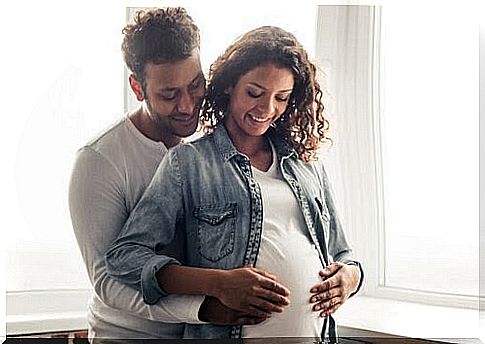
During twin and triplet pregnancies, kicks can be even more painful. The congestion in the uterus can be uncomfortable for the small fetuses.
In these cases, the kicks can occur more often and the mother can suffer from very disturbing pain.
Some recommendations for first-time mothers
The best indicator of children’s well-being is the frequency of their movements. It is more worrying if the child does not move for long periods than it is active.
It is always advisable to discuss your pain problems with your doctor or midwife. Symptoms that you find worrying should always be examined by a specialist.
Deep breathing, walking and stimulating the child with music are all recommended methods for interrupting painful kicks. Yoga for pregnant women has also been shown to reduce discomfort when the baby kicks and makes other movements.
The good news is that the intense pain only occurs during the last weeks of pregnancy.
